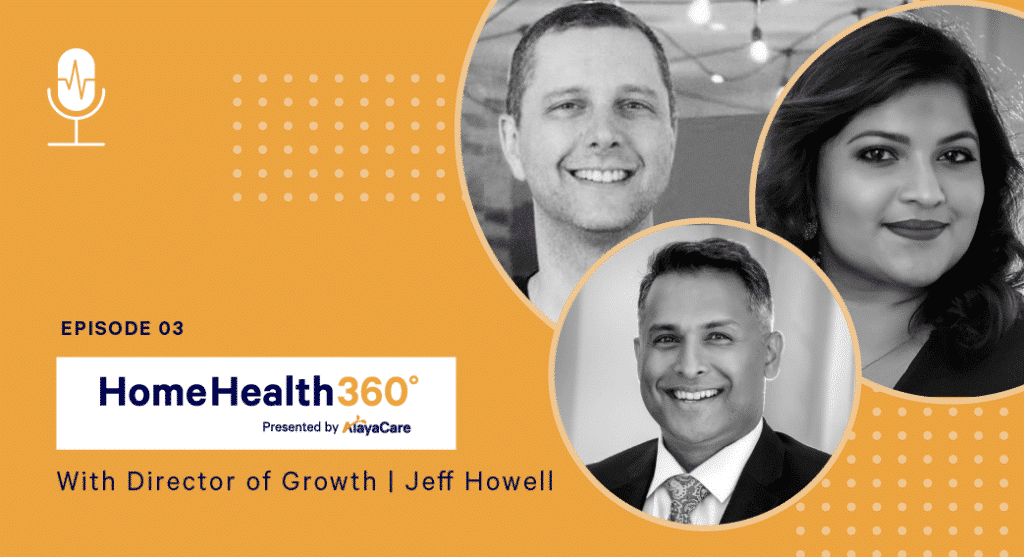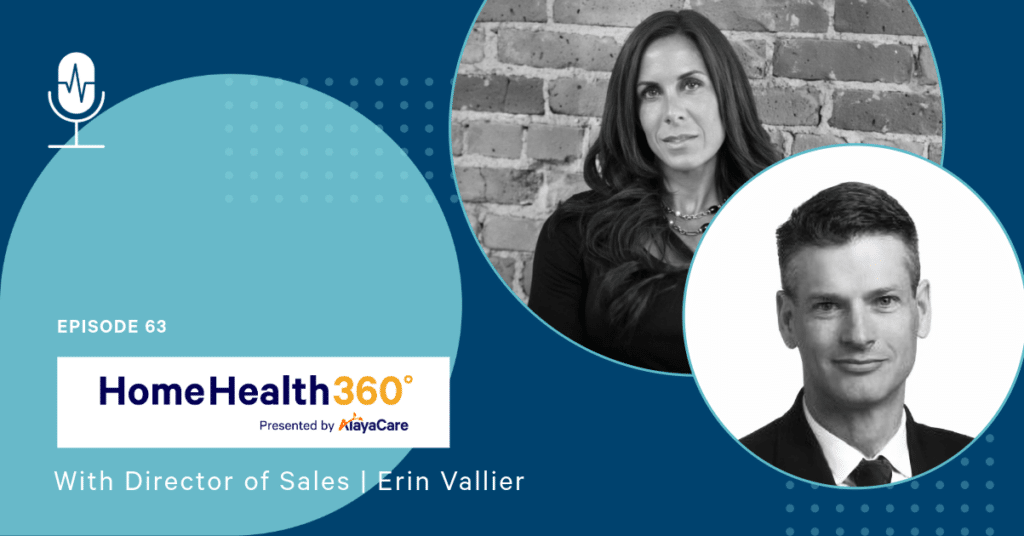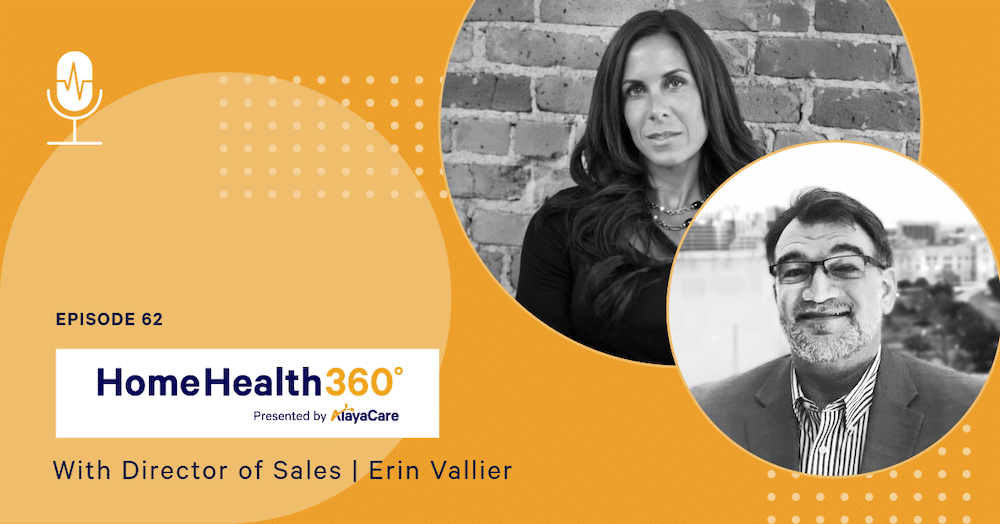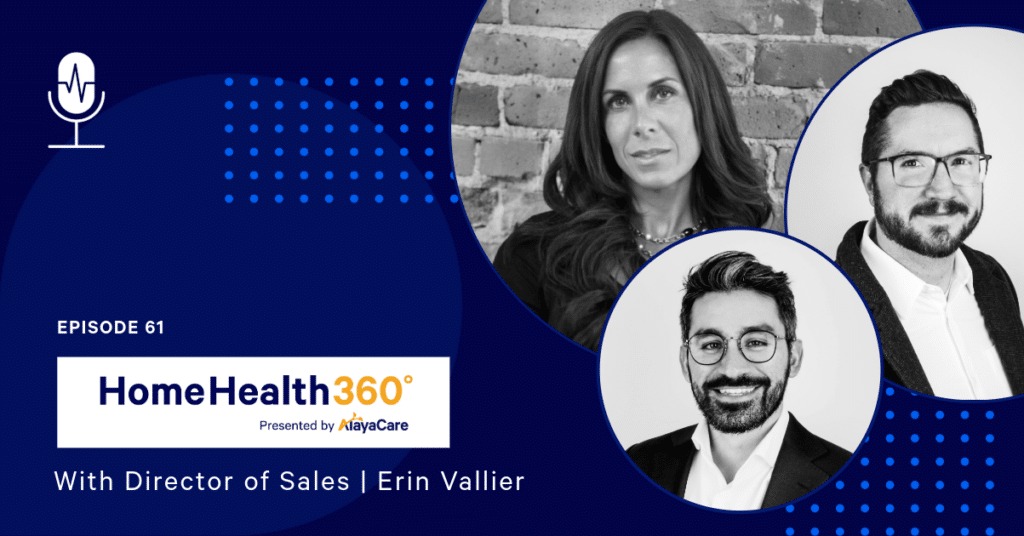Episode Description
Angie Kunnath, Owner and COO, and Matt Vijayan, President & CEO of Home Care Assistance GTA West sit down with Jeff to discuss the Canadian home care landscape during the pandemic in Southern Ontario.
As seasoned home care franchisees, Angie and Matt dig into how they transitioned into owning their own home care business, managing the pandemic, and how to tackle caregiver recruitment and retention.



